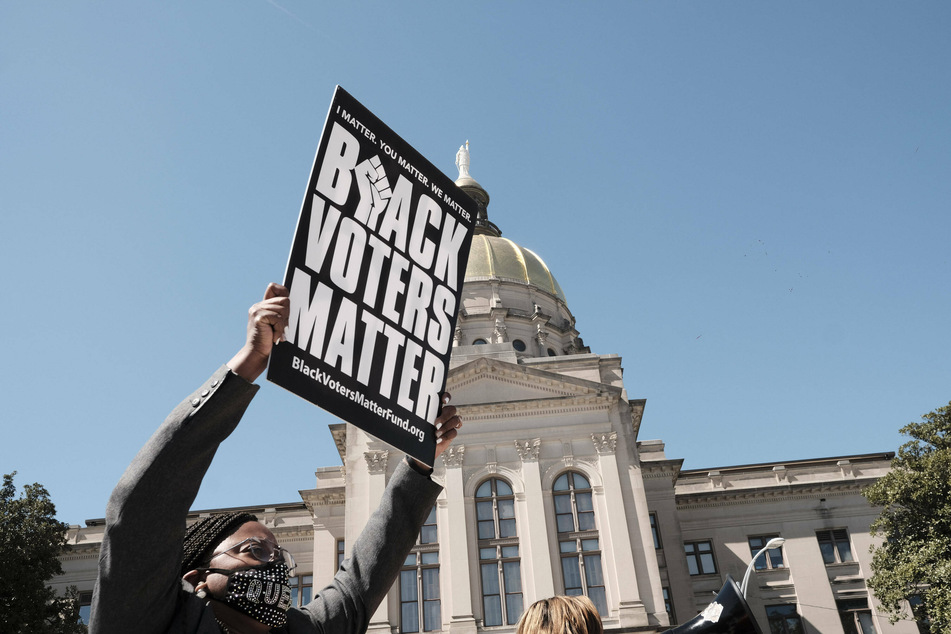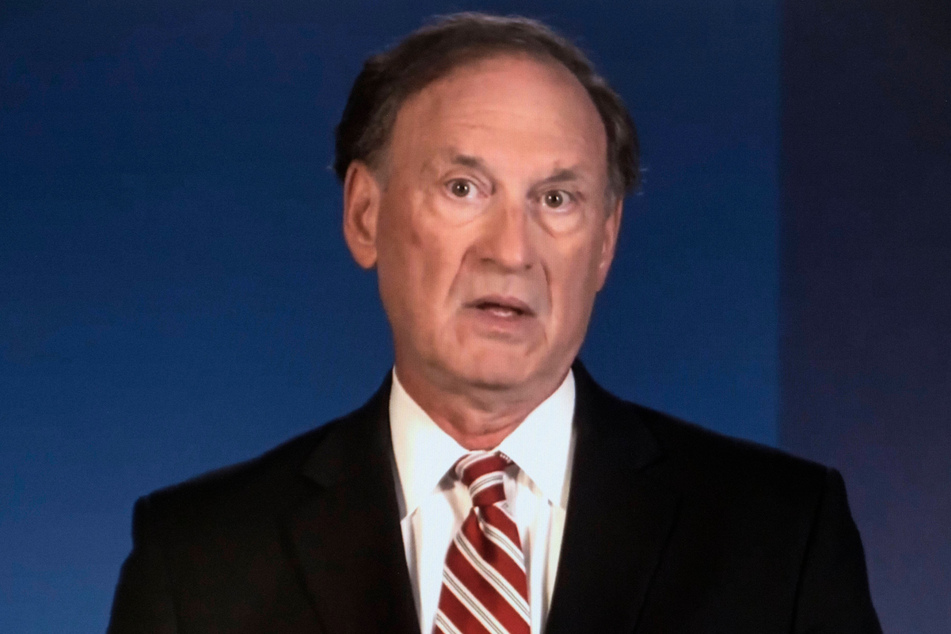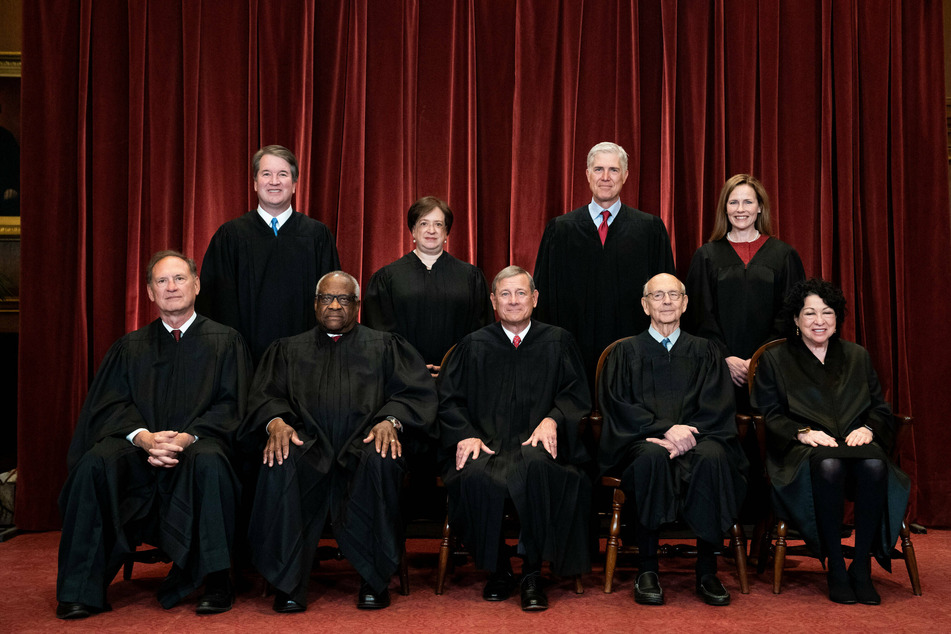Opinion: SCOTUS decision on the Voting Rights Act reveals systemic problems baked into country's highest judicial body
Washington DC – As the highest judicial body in the land, you'd think the Supreme Court would have a vested interest In protecting all citizens' equal access to the ballot box, right? Wrong! The court's latest ruling on voting rights proves just how politically motivated they really are.

The Supreme Court's six conservative justices on Thursday decided to strip the Voting Rights Act (VRA) of its remaining power to actually enforce protections for voters of color. The three dissenting liberals stood no chance against the other justices' united front.
The decision, Brnovich v. DNC, concerned two Republican-sponsored laws in Arizona found in violation of the VRA. The case revolved around a results test added to the act in 1982, Slate reported.
Essentially, the test is designed to determine whether a voting provision has a disproportionately negative impact on any racial group. Any measure found to disenfranchise minorities would be deemed illegal.
The idea behind the results test is that racist intent can be very difficult to see and prove, as people can easily chalk their actions up to other, more righteous-seeming motives. Instead, it's much easier to focus on the effects: will a restrictive measure actually, in effect, disenfranchise minorities?
Republicans in states with recently passed suppressive voting laws have said they are motivated by a desire to protect against widespread "voter fraud," despite the lack of convincing evidence that this problem even exists. The restrictive measures they implement to address this mythical "fraud" just so happen to have a greater impact on Black and brown Americans.
The VRA results test was created to protect voters in cases like these, but the Supreme Court's conservative justices apparently see things differently.
Justice Alito provides new guidelines

As quoted in the New York Times, Justice Samuel Alito wrote for the majority: "Where a state provides multiple ways to vote, any burden imposed on voters who choose one of the available options cannot be evaluated without also taking into account the other available means."
He also said, "...the size of any disparities in a rule’s impact on members of different racial or ethnic groups is also an important factor," while adding that courts may look past disparities "to the extent that minority and nonminority groups differ with respect to employment, wealth and education."
What Alito's statement ignores is the racist structures, compounded over generations, which make it much harder for Black and brown Americans to attain the same degree of education and prosperity as white Americans – and to exercise their right to vote.
These disparities should be all the more reason for minority voters to have easy access to the ballot box, not a reason to dismiss policies that restrict their ability to vote.
Finally, Alito gave Republicans clearance to continue using their favorite excuse for passing voting restrictions: "One strong and entirely legitimate state interest is the prevention of fraud," he wrote in a devastating blow to voting rights activists.
Supreme Court can no longer hide behind veil of "impartiality"

For a supposedly impartial judicial body, it's remarkable how all the conservative judges just so happened to unite behind Republicans' debunked claims that voter fraud poses a valid threat to election integrity. Unless motivated by a desire to secure Republican power, it's hard to see why fraud should be considered a greater threat than minority disenfranchisement.
As dissenting Justice Elena Kagan wrote, the new guidelines amounted to nothing less than voter suppression: "The list – not a test, the majority hastens to assure us, with delusions of modesty – stacks the deck against minority citizens’ voting rights. Never mind that Congress drafted a statute to protect those rights – to prohibit any number of schemes the majority’s non-test test makes it possible to save."
The Supreme Court decision has probably given every suppressive voting law passed in the last year a free pass. The ruling is also likely to undermine the Justice Department's current lawsuit against the State of Georgia.
This all comes after the For the People Act to guarantee national voting protections was blocked in the Senate, with seemingly no recourse left to ensuring equal ballot access than a complete overturn of the filibuster.
As for the Supreme Court itself, whose members are appointed for life rather than elected, Thursday's decision will hopefully strengthen calls for reforms, including imposing term limits.
Cover photo: Collage: IMAGO / ZUMA Wire

